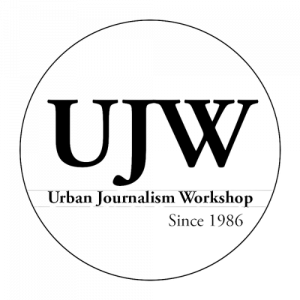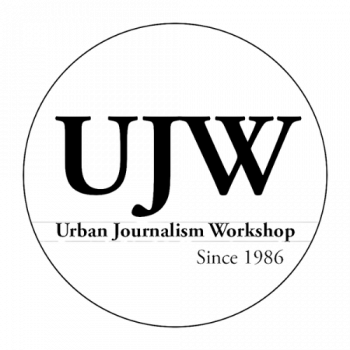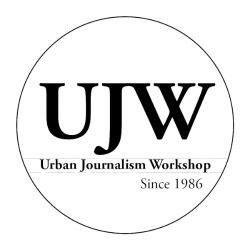By Nicole Bohannon
UJW Staff
BETHESDA, Md. – The 2010 Census does much more than report the population of the United States. Its influence extends into every aspect of the lives of Americans.
As millions of the national survey land in the mail, the U.S. Census Bureau emphasizes a single message: “Your answers are important.”
“Census results are used to decide the number of representatives each state has in the U.S. Congress,” the cover letter to the official form read.
The 10-question form also is used to determine public works and social services.
“The amount of government money your neighborhood receives also depends on these answers. That money is used for services for children and the elderly, roads, and many other local needs,” according to the Census form.
Despite these positive goals, some question whether the Census progresses with the times.
Historically excluded groups, such as gay men and women, biracial residents and other minorities, have raised concerns about the way the form labels marital status and racial identification.
Last year, the bureau announced the official count would include same-sex couples. Some people, though, question whether filing those couples as “married” or “unmarried partners” will fairly represent the gay and lesbian population.
Candace Reeder, co-president of the Gay-Straight Alliance Club at the Holton-Arms School in Bethesda, Md., said that the Census has not made as active an effort to include gays and lesbians in the count as it should.
“Acceptance of gay couples is a relatively new idea,” Reeder said. “A lot of people are not willing to accept it. I really believe that the gay population will be represented in the future, but it’s a slow process, and it won’t be for a little while, at least.”
Some African-Americans have the same skepticism about how they’re represented in the Census form. They don’t support the use of the word “Negro” on the questionnaire to define one’s race.
While some older African-Americans still use the term to describe themselves, others find it outdated and offensive because it invokes an uglier time in America.
“Many older African-Americans identified themselves that way, and many still do,” Census Bureau spokesman Jack Martin said. “Those who identify themselves as Negroes need to be included.”
The word also was used in the 2000 Census, and more than 56,000 people selected “Negro” as their race. The bureau kept the term this year to ensure an accurate count.
Jordan Jackson, president of the Black Student Union at the Holton-Arms School, has a more modern view shared by many black teenagers.
“I think we recognize (the Census) is important,” said Jackson. “Our generation and our parents’ generation have different meanings for (the word) Negro.
“We need to respect the past, but there are more important fights to fight,” she said. “However, it would probably be better to just use ‘African-American’ or ‘Black’ on the Census.”
Teenagers at Holton-Arms School have a keen interest in politics overall and urge active participation in filling out the Census form.
“I did it with my family, and mailed it in as soon as we got it,” said Lucy Perkins, president of the school’s Young Republicans Club.
“We also don’t want the Census to under-represent or over-represent anyone, especially considering how important it is in the Congress, but we support their mission,” she said.
Usually standing opposite of the Young Republicans, the president of the Young Democrats Club, Catherine Weiss, thoroughly supports Perkins.
“It only happens once every 10 years,” Weiss said, “so we want accurate results, and it’s also really easy.”


